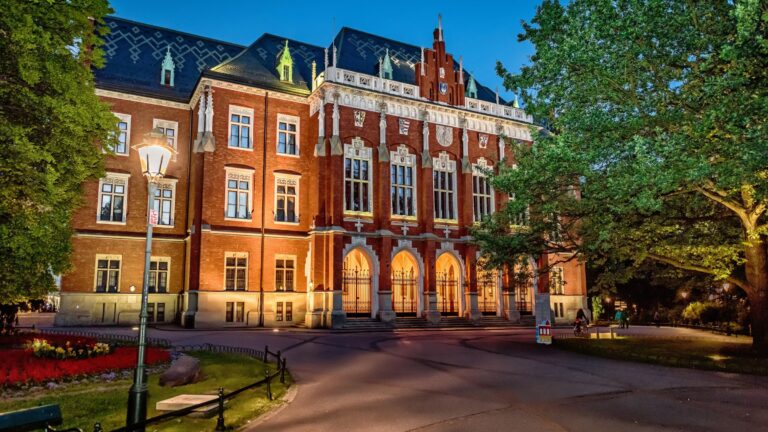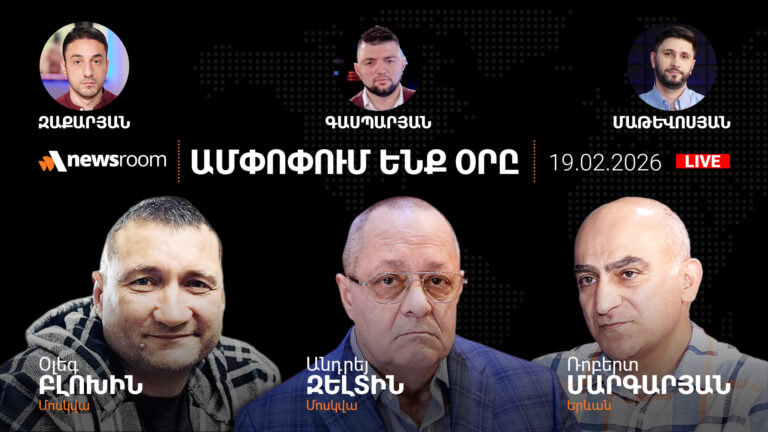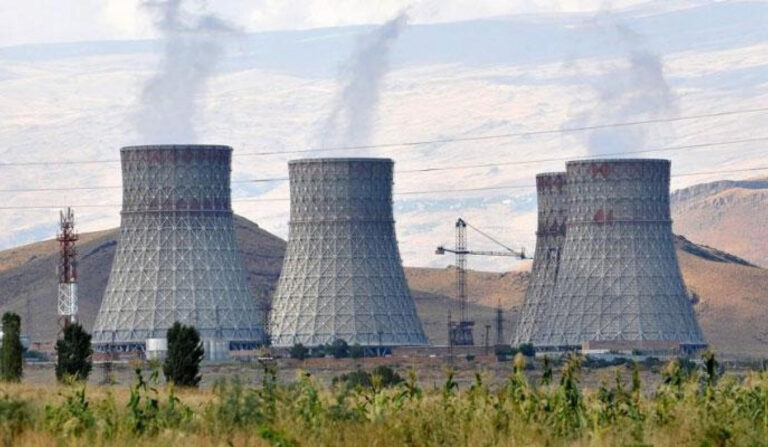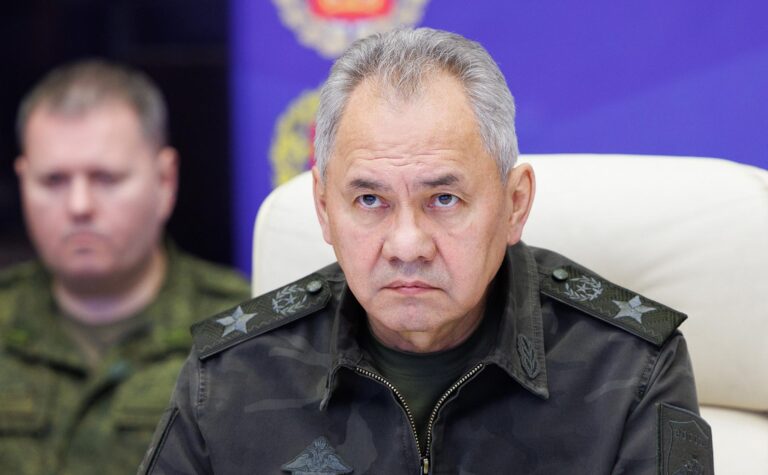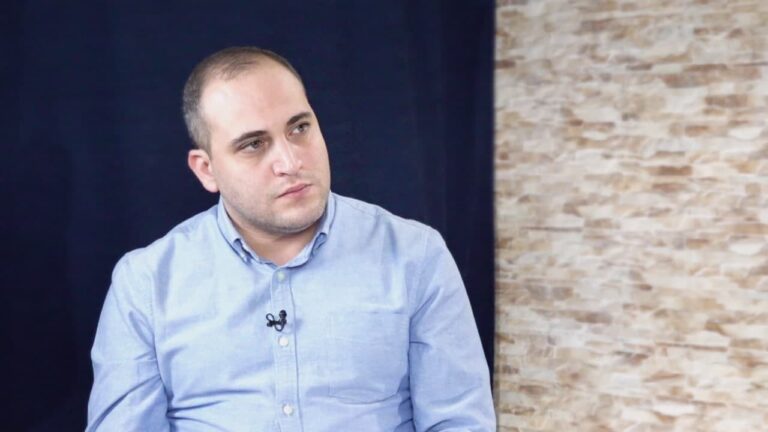Armenian Genocide 2023: Ocampo urges to prevent history from repeating itself
September 23 2023, 15:00

Former Prosecutor of the International Criminal Court Luis Moreno Ocampo commented on Azerbaijan’s military operations against Artsakh in his article in Washington Post, pointing out that nothing should prevent the world from stopping the Armenian Genocide in 2023.
“In 2021, President Biden recognized the 1915 removal of Armenians from their lands in Anatolia, in today’s Turkey, as genocide. The United States had been silent on the issue for more than a century, and its silence had grievous consequences.
Today, Armenians need global leaders, including Biden, to stop a new genocide — one that started this past winter and is now evolving into a more brutal phase.
On Tuesday, after a months-long blockade and military buildup along the border of the Armenian-majority enclave of Nagorno-Karabakh in Azerbaijan, Azerbaijan’s military launched an attack. Within a day, Azerbaijani forces quickly overwhelmed local defenses, killing more than 200 people, including civilians. In short order, a shaky cease-fire was announced.
In return for stopping the bombing, Azerbaijan demanded the surrender of Nagorno-Karabakh’s top leaders and the disarmament of all the armed forces of the Karabakh authorities,” Ocampo noted.
He stressed that Azerbaijan’s ambitions extended beyond Artsakh and urged international actors to call the crime by its proper name.
“What happens next? Because Nagorno-Karabakh authorities surrendered, the international community has urged Aliyev to guarantee the full rights of his Armenian citizens in the enclave. Aliyev’s government has said it is not committing ethnic cleansing and assured the world that “reintegration” will bring prosperity to the region.
But this rhetoric rings hollow given what has already been done. And Azerbaijan’s ambitions extend beyond Nagorno-Karabakh. Since 2010, Aliyev has regularly talked about Armenia itself as “Western Azerbaijan,” echoing long-standing Azerbaijani claims that Armenia as a whole is an illegitimate state. As recently as December, he said that “present-day Armenia is our land.”
The world must call the crime by its proper name. Resistance to using the term “genocide” has been a long-standing problem in international affairs. In April 1994, most U.N. Security Council members refused to label the mass killings in Rwanda as genocide. Little has changed in 30 years.
The last time the U.N. Security Council discussed the situation in Nagorno-Karabakh, Aliyev’s blockade was repeatedly called a “humanitarian situation,” and continued negotiations were proposed. One is reminded of the heroic intervention by the Czech ambassador, Karel Kovanda, during the U.N. debates on Rwanda: When most leaders backed negotiating a truce, he likened the idea to “persuading Hitler to reach a ceasefire with the Jews.”
Today, as always, geopolitics explain the world’s reticence. Azerbaijan is an ally with the West against Iran; it provides energy to Europe and it spends millions on sophisticated Israeli weapons. But such exigencies must not get in the way of the world’s responsibility to stop what is happening before its very eyes: the Armenian genocide of 2023.
Biden did the right thing in 2021. Today, he needs to help prevent history from repeating itself,” Ocampo concluded.

